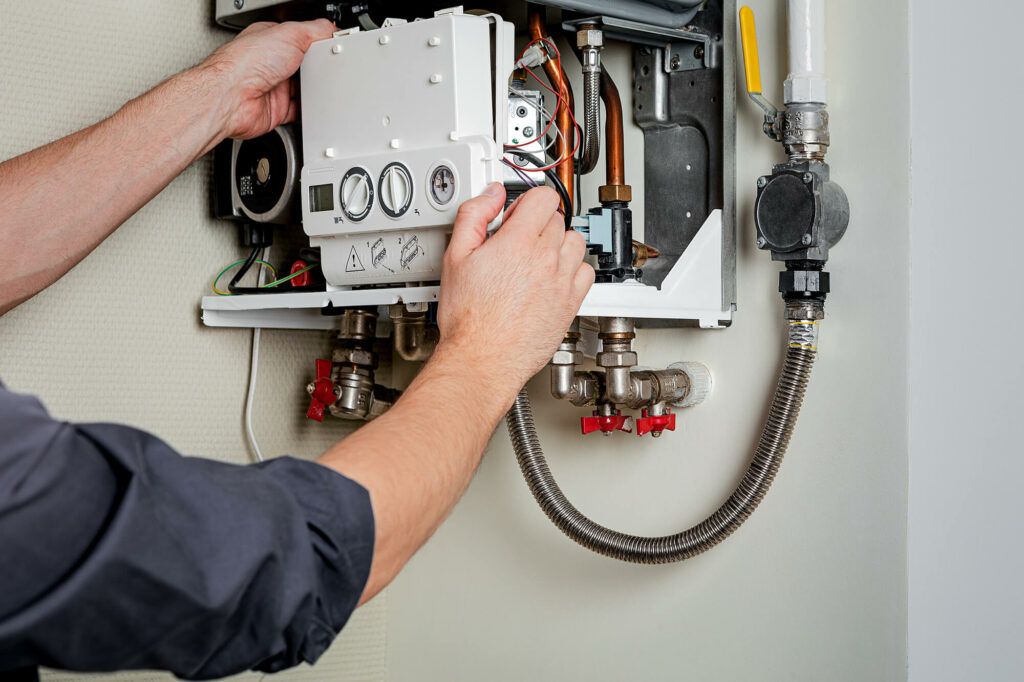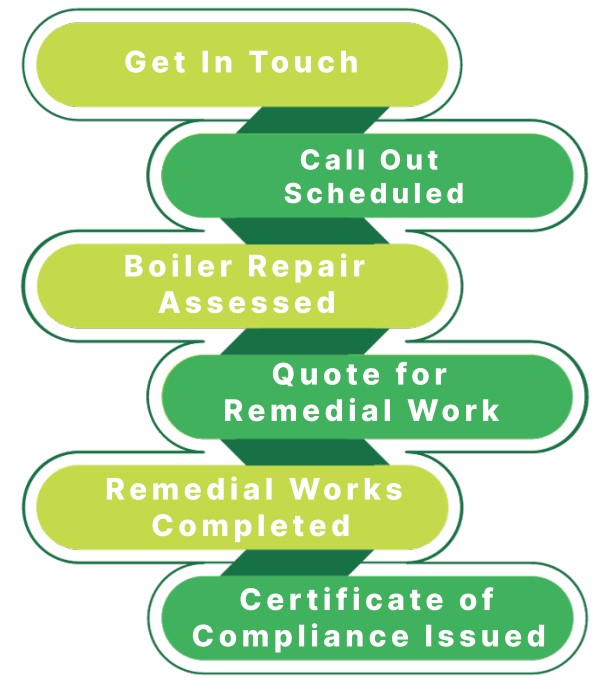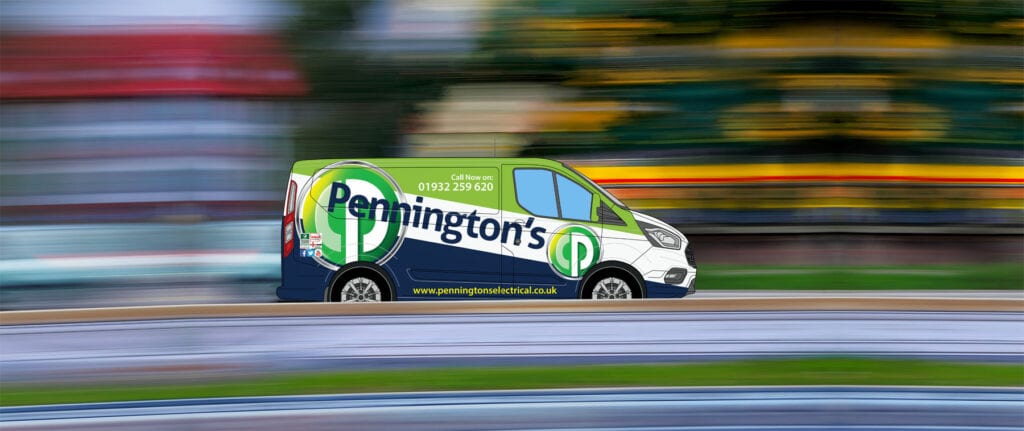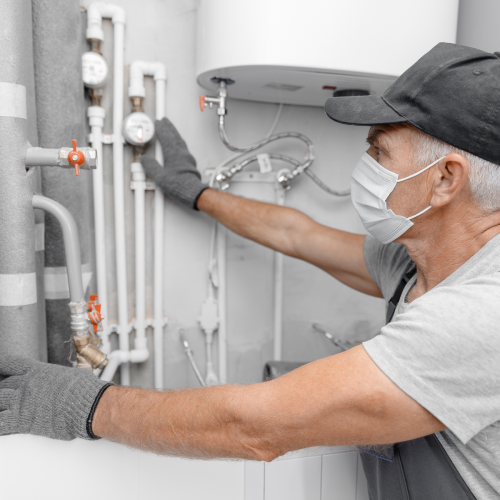Boiler Installation Surrey

Schedule Your Boiler Installation in Surrey Today!
Looking to get a new boiler installed? Look no further than Pennington’s Group for premier boiler installation in Surrey!
With over two decades of experience and the esteemed approval of NICEIC, our seasoned boiler installers in Surrey are your assurance of excellence.
Our skilled engineers, fully insured, deliver professional installations and replacements, ensuring safe and efficient heating for homes and businesses.
With our wealth of experience and commitment to industry standards, you can trust us to keep your property warm and comfortable.
Boiler Installers Surrey
Our team of boiler installers in Surrey follows a seamless process to ensure efficiency and quality. Here’s how we handle boiler installations in Surrey:
INITIAL ASSESSMENT
Our gas engineers Surrey begin by thoroughly assessing your heating system and property. We evaluate factors such as the existing boiler condition, heating requirements, and your specific preferences.
EXPERT ADVICE
Based on the assessment, we provide expert advice tailored to your needs. Whether determining the need for a new boiler or choosing the right type for your property, our team offers realistic and practical recommendations to help you make informed decisions.
BOILER SELECTION
With a wide range of boiler options available, including combi boilers, conventional boilers, and system boilers, we assist you in selecting the most suitable model for your requirements.
PREPARATION
Before boiler installation begins, our team ensures all necessary preparations are in place. This may involve clearing the boiler installation area, disconnecting the old boiler, and preparing the piping and connections for the new boiler installation in Surrey.
INSTALLATION
Our Gas Safe approved boiler installers Surrey handle the installation process with precision and expertise. From connecting the boiler to the gas supply to installing the necessary piping and components, we ensure every aspect of the boiler installation in Surrey is carried out to the highest standards.
TESTING & COMMISSIONING
Once the Surrey boiler installation is complete, we conduct thorough testing and commissioning to ensure the boiler functions optimally. This involves checking for leaks, verifying proper operation of controls, and confirming heating and hot water functionality.
FINAL CHECKS AND CLEANUP
Before leaving your property, we perform final checks to ensure everything is in order. Our team also takes care of any cleanup, ensuring your home is in the same condition as when we arrived.
CUSTOMER SATISFACTION
Customer satisfaction is our priority. We take the time to address any questions or concerns and ensure you are completely satisfied with the boiler installation process and the performance of your new boiler.


Do I need a new boiler Installation in Surrey?
If your existing boiler is more than about 20 years old and is starting to show its age, then the chances are that replacement is a better option than repair. Indeed, it may not be possible to get spare parts for older boilers. This may be the opportunity to install a new model which is more cost-effective and reliable. The same is true if your existing boiler is repeatedly breaking down, regardless of its age. And if this is happening in the winter, you’ll want a quick and efficient solution – which our expert Surrey boiler installers can provide.
A strategic time to install a new boiler is during an extension or refurbishment. This allows you to select a system that aligns seamlessly with your updated requirements, ensuring optimal comfort and efficiency.
Enjoy a Consistent and Reliable Heat: Install a New Boiler
Types of boiler
Whatever your needs and preferences, all new gas boilers will use the condensing system to comply with the government’s guidelines regarding A rated energy efficiency. Boiler installation in Surrey is more efficient with a cost-effective condensing system, as it utilises flue gases in addition to the fuel supply, outperforming traditional models.
Conventional Boiler
This is a compact version of the conventional boiler. There is no cold water tank in the loft, but it does require a hot water storage cylinder in an airing cupboard. It supplies several hot water taps or showers at the same time, but once the stored hot water has been used, a short time is needed to heat more. It is reasonably quick and easy to install. Because of the hot water storage tank, it is compatible with solar energy panels.

Combination Boiler (Combi Boiler)
This is the most commonly installed new boiler. It’s a small, compact system that heats water only when it’s required, making it very energy efficient and economical to run. It’s usually quick to install, as it doesn’t require a storage tank or complicated pipework. One of the great advantages is that it provides an uninterrupted supply of hot water. It’s ideal for small to medium sized properties.
There are some limitations to this system as it provides it for only one tap or shower at a time. Its water pressure depends on the mains supply pressure, which may also limit the use of a power shower. As a single boiler system, it may not suit families, although in larger properties it could make sense to install more than one boiler and run separate systems.
System Boiler
This is sometimes called a ‘regular’ or ‘traditional’ boiler. If it is installed in an existing property it may be chosen to match the current system and reduce upheaval. It uses two water tanks located in the loft and a hot water storage tank, usually in an airing cupboard. The defining feature is the separate hot water tank: it can supply several hot water outlets such as kitchen taps and multiple bathrooms, but once you’ve used up the water in the storage tank, you’ll need to wait for the next tankful of water to heat up.
The hot water storage tank means that this system is also compatible with solar energy panels. However, because of its size and relative complexity, it is less suitable for small properties. It can also be more time consuming to install.
Boiler Replacement Surrey
Assessment and Consultation
Start by carefully examining your current boiler and home needs. Our experts give you personalised advice to help you choose the right boiler replacement Surrey.
Customised Solutions
Get solutions that fit your needs perfectly. Whether you want to save energy or meet specific property requirements, we’ve got options just for you.
Expert Boiler Installation Surrey
Our Gas Safe engineers expertly handle the removal of your old boiler and install the new one, ensuring everything fits and works perfectly.
Testing and Commissioning
We test your new boiler thoroughly to ensure it’s safe and working as it should. Your safety and satisfaction are our top priorities.
Minimal Disruption, Maximum Results
We aim to keep disruptions to a minimum during the boiler replacement Surrey process. Our goal is to get the job done efficiently without causing you any hassle.
Customer Support
You’ll have dedicated support throughout the boiler replacement process. If you have any questions or concerns, we’re here to help and ensure you’re happy with the result.
Why Choose Us For Boiler Installation Surrey
Trust our team’s experts for boiler services in Surrey. Here’s why we’re the top choice for homeowners and businesses alike:
With 20 years of experience serving the Surrey community, We earned a reputation as a trusted electrician specialising in boiler installations and replacements.
All our boiler work is carried out by Gas Safe registered engineers. With this certification, you can know that your boiler installation Surrey is being completed by qualified professionals who adhere to strict safety standards and regulations.
Whether you need a new boiler installed, a boiler replacement in Surrey for your existing unit, or additional services like power flushing or magnetic filters, we are here for you.
From the initial consultation to the final installation, we strive for excellence in everything we do. You can trust us to deliver high-quality results that stand the test of time.
From start to finish, we’ll work closely with you to ensure that your Surrey boiler installation or replacement meets your expectations and exceeds your satisfaction.
We offer energy-efficient boiler systems that maximise performance while minimising energy consumption. Our expert technicians optimise system efficiency during installation to help you save on utility bills.
We offer competitive pricing for our boiler installation and replacement in Surrey without compromising quality. Our pricing structure and cost transparency ensure you get the best value for your investment.

Get In Touch Today!
Contact us today to discuss your project with our team of experts. Experience top-quality boiler installation and replacement in Surrey. Call 01932 259 620 or Email info@penningtonsgroup.co.uk
